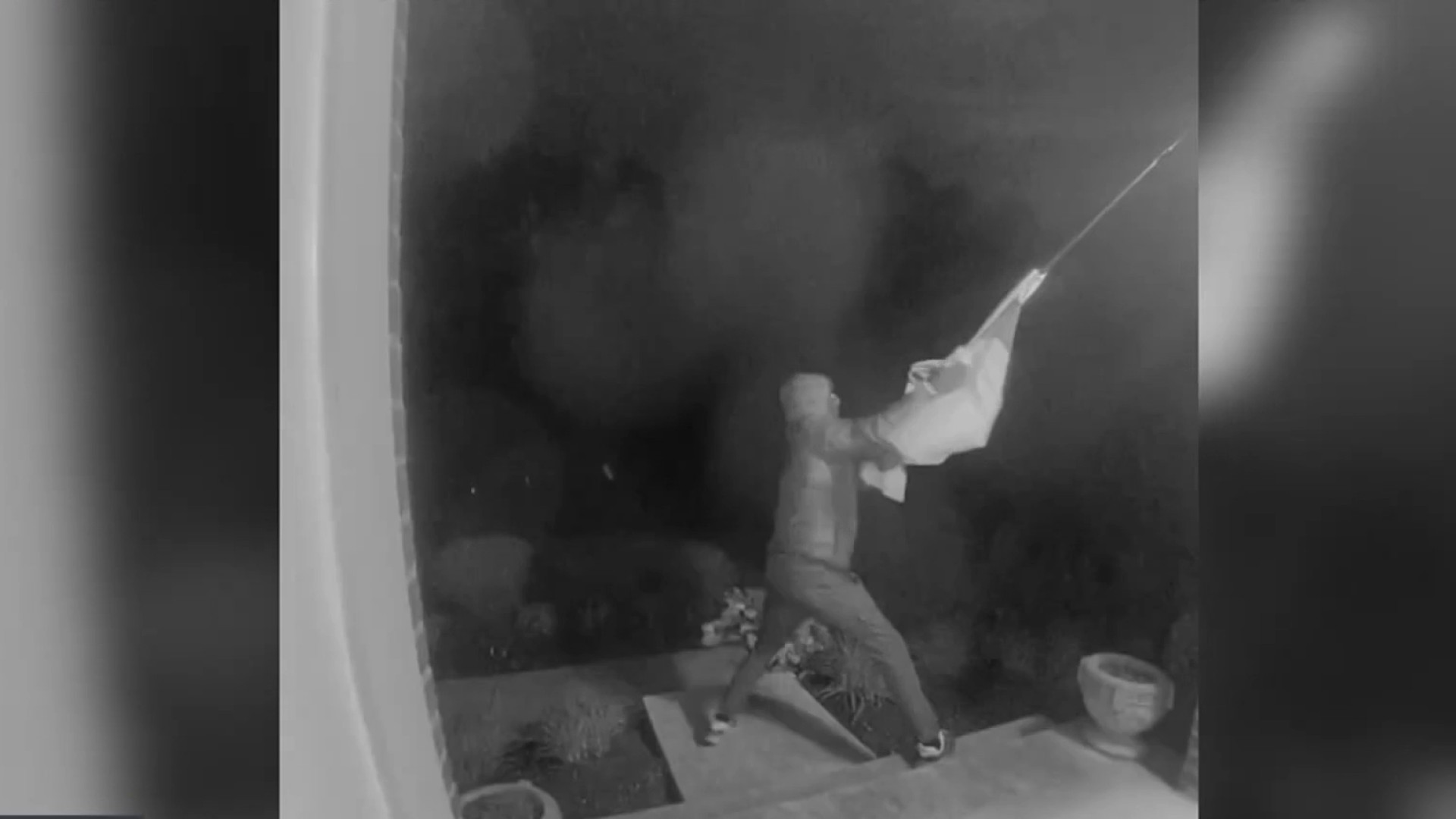After years without a new contract, the Metro's largest union has overwhelmingly authorized a strike, just as thousands of tourists arrive in the nation's capital for this week's Major League Baseball All-Star Game.
Six-thousand members of Amalgamated Transit Union Local 689 lined up to vote Sunday on whether to authorize a strike. At 9:30 p.m. Sunday, a spokesperson for the union said that 94 percent of workers voted in favor of a strike in "an overwhelming landslide."
Union leader Jackie Jeter said Sunday a strike has to be authorized by the union's executive board. Jeter said she has to give a five-day notice to WMATA so that the board can meet to discuss the potential strike, but she said the board could meet as soon as Monday.
"Since 2010, the region’s share of costs for bus and rail operations has grown about 8 percent a year at a time when revenues have been flat," Metro said in a statement Monday. "Add to this the $2.8 billion in unfunded pension and health benefits for future retirees, and the authority’s financial structure is not sustainable.
"The general manager’s approach is two-fold: increase revenue through better service while reducing cost growth by operating more efficiently. The plan would protect current employees, preserving their jobs and their pensions."
In response, the union issued a statement saying it has provided the board with many examples of how Metro General Manager Paul Wiedefeld "has been pissing on the collective bargaining agreement."
"The reason the members of our union voted to authorize a strike yesterday is because Wiedefeld refuses to abide by the CBA," the statement said. "Wiedefeld’s destructive tactics undermine the CBA and has got us to this point of impasse. It is time for him to take responsibility for his failure to hold up his end of the agreement and stop blaming his workers for the incompetence of him and his team."
The union also criticized Wiedefeld for long shutdowns, fare hikes and service cuts.
Local
Washington, D.C., Maryland and Virginia local news, events and information
A strike would likely cripple the system and force rail and bus riders to find alternate ways of getting around.
"This is about the person that we work for. This is about the company that we work for. It is not against the public. Unfortunately, it is a transportation system so the public is affected. But it is not against the public," Jeter said.
The union has not said when the strike might happen.
"We will decide the when and where and how," Jeter said Sunday night. "We have to call a meeting of the executive board after this vote, and then we'll decide on what we're going to do."
Metro Board Chairman Jack Evans said a strike would shut down transportation in the region, but he’s hopeful that won’t happen.
“So we’re all on notice that something could happen, and if it does, we don’t have a plan, now, but we’ll have to come up with one,” he said Monday.
Because Metro workers are forbidden from striking under the system's governing compact, a judge or arbitrator could order an end to any strike and penalize those who do not comply.
"We understand the ramifications of what we're asking our members; we understand what a strike would mean," said Jeter.
"I expect that the union and the Metro general manager to have some discussions," D.C. Mayor Muriel Bowser. "A work stoppage of that kind would violate the law."
"In exchange, the system has binding arbitration to handle disputes. An arbitration panel is expected to rule soon on a new contract for ATU 689 to replace the one that expired two years ago," WTOP reporter Max Smith wrote.
The workers have been without a contract since July 2016.
Jeter said Sunday Wiedefeld doesn't respect the collective bargaining unit and that WMATA doesn't follow the collective bargaining agreement.
"Anytime you change [a worker's] run, anytime you switch them and have them doing something they didn't pick, you're supposed to pay them an hour penalty," Jeter said. "WMATA never pays the hour penalty. They never do what they're supposed to do for the collective bargaining agreement."
Jeter also claimed there have been issues with custodians' rights.
"WMATA negated their seniority, relegated them to the rail, regardless of whether or not they could've picked a day run with their seniority in a facility," Jeter said. "They have told them that if it's only nights left, you have to work nights. That's not right. It's not fair. It's against the collective bargaining agreement and it's just pushed us too far."
Metro and the union are in the middle of contentious contract talks, and Metro said hundreds of Metrobus operators intentionally showed up late for work Thursday in protest, stranding tens of thousands of riders.
On Friday, Jeter called Wiedefeld a “bully.”
“And he smiles like he’s doing us a favor,” she said. “He sends out letters calling us his coworkers. That’s bulls---. That’s exactly what it is. It’s bulls---.”
“They do not want to work for someone who they consider a tyrant, and he is. He’s a tyrant,” Jeter said.
Wiedefeld has talked about suspensions or possibly firing Metro employees who repeatedly show up late for work.
“Individual work actions are not acceptable,” he said.
Since Wiedefeld took over the transit system in November 2015, union members have held regular demonstrations at Metro board meetings, voicing their opposition to cuts to jobs and open positions, fare increases, service cuts and a shift toward private contractors over union workers. The agency faces chronic safety and reliability issues, driving down ridership. The resulting revenue losses triggered fare increases and cutbacks in service.
Forty years have passed since the last Metro workers' strike, a weeklong "wildcat strike" — a strike without union leadership authorization — in 1978 that disrupted commutes across the region.



